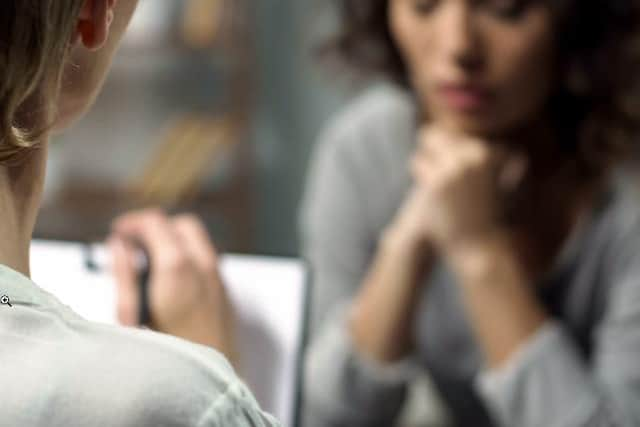Women’s health in Leeds negatively impacted by Covid-19, says report
and live on Freeview channel 276
A report, set to go before Leeds city councillors next week, said surveys found women reported impacts of Covid 19 such as increases in domestic violence, as well as concerns about emotional wellbeing and job security.
It added other notable problems faced by women during the pandemic, including a reduction in the number of breast and cervical cancer screenings and a possible increase in the number of sexually-transmitted diseases and unwanted pregnancies.
Advertisement
Hide AdAdvertisement
Hide AdThe report said: “Whilst primary care continued to see patients, routine invites from central screening services for breast and cervical screening were paused during the first wave. Uptake rates have reduced, are lower than the national target and lower in deprived Leeds.


“Maternity services have continued to support women but are unable to facilitate women having partners present in some parts of the pathway due to constraints around social distancing and the current estate.
“Reproductive health has been negatively affected. The pandemic has impacted women’s ability to access contraception within their local community services.
“There has also been a significant reduction in the number of C-Card sites that are able to support young people with sexual health information, advice and condoms.”
Advertisement
Hide AdAdvertisement
Hide AdThe latest Women’s Lives Leeds consultation also found that that women reported disproportionately negative impacts of COVID-19 including: “An increase in domestic violence, childcare and home schooling, caring responsibilities; working in frontline jobs and therefore increased exposure to COVID-19, worries around job insecurity, household chores, the emotional burden of keeping things together and mental health issues.”
Sexual health organisations also reported more women were seeking out information about abortion services during the pandemic, although the report said fewer women were using the emergency hormonal contraceptive (known as the “morning after pill”).
The report said: “The impact of the Covid-19 pandemic on a woman’s ability to access contraception especially long acting reversible contraception (LARC) methods, is a concern locally, regionally and nationally.
“Despite both the Faculty of Sexual and Reproductive Health and the Royal College of GP’s producing guidance that stresses the importance of continued access to contraception, local intelligence (mirrored regionally and nationally) reveals a decline in the number of women accessing contraceptive services via their own GP.
Advertisement
Hide AdAdvertisement
Hide Ad“Many GPs have reduced face to face activity instead offering bridging methods, practices are not able to offer LARC service as trained fitters are shielding as well as anecdotal feedback that many women presume that access to contraception via their GP has been paused due to the pandemic.
“Leeds Sexual Health has seen an increase in the number of women seeking support with LARC which is felt to be as a direct result of the reduction of women accessing it via primary care.
“NHS choices have reported an increase in women seeking information on local abortion services and access to emergency contraception.”
The report will be discussed by Leeds City Council’s Adults, Health and Active Lifestyle Scrutiny Board on Tuesday, March 16.